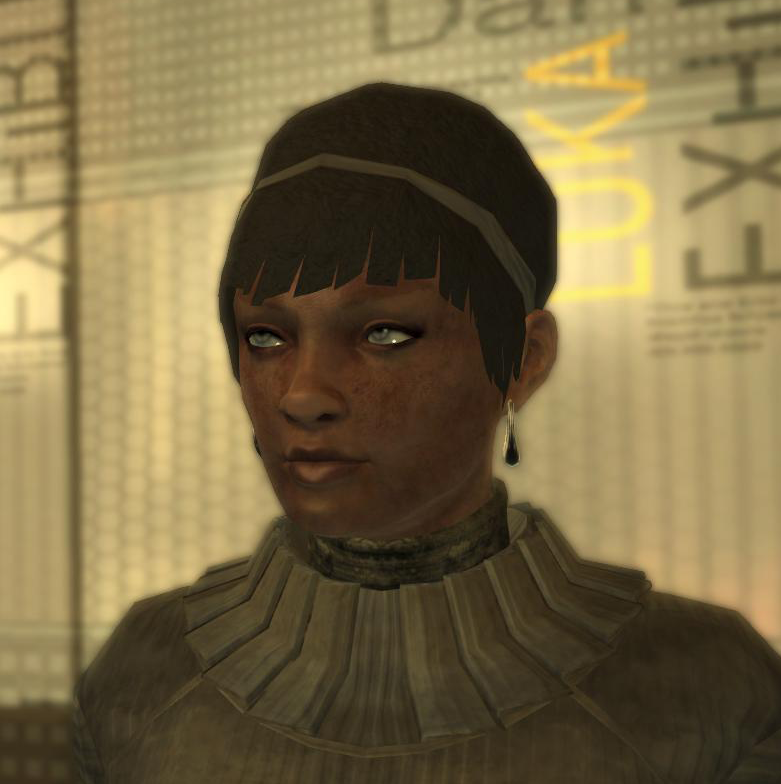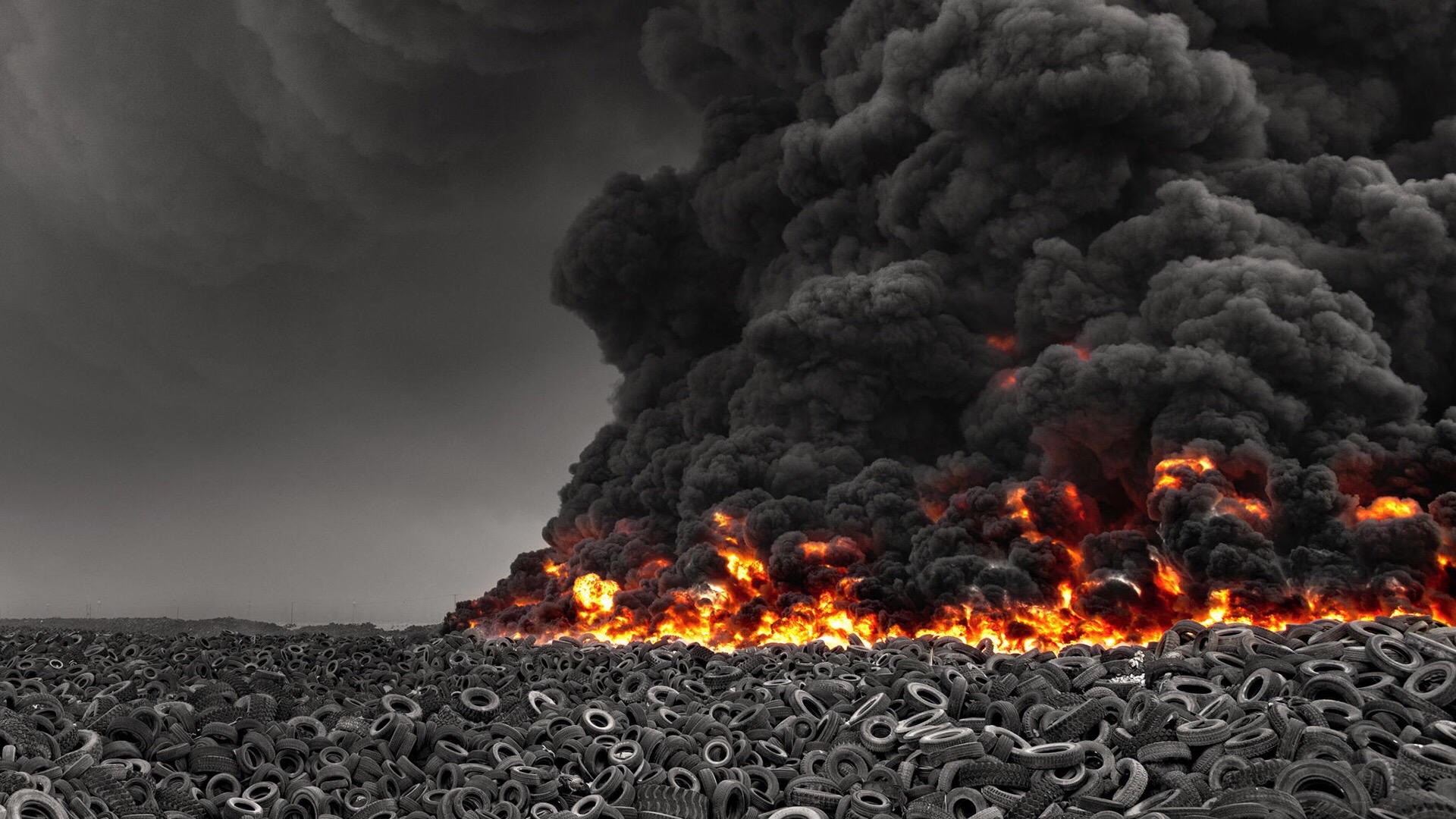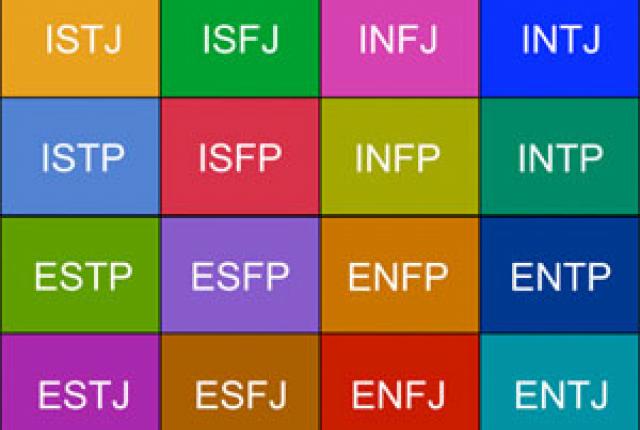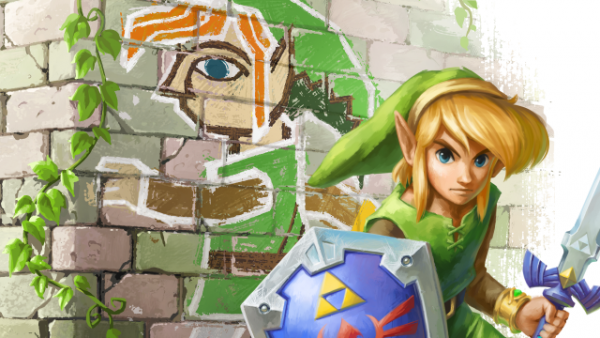Trying to get out of a video game slump, I recently picked up Blizzard’s Overwatch despite not finding the beta terribly enjoyable. Perhaps that’s because I didn’t understand the premise of the game, the characters, or even the strategy — I just “played”. After a bit of convincing from Alex that I would need a game to get me through test prep this summer, my partner and I strolled down to Gamestop: I got Overwatch, he got Doom. Once the installation process finished and our schedules aligned, Alex and I eagerly set-forth to conquer. While she went for the support functions, I dove for the tanks. Don’t ask me why (or I guess this is about the why). I just saw the biggest, baddest characters and thought “Oooh. I bet they don’t die as often.” Per usual, I didn’t read about the game. Video games, for some odd reason, are the one activity/space where I don’t do any prep-reading, where I skip tutorials (until I start dying all over the place), and generally ignore “how to’s.” It reminds me of my childhood demeanor of wanting to figure the world out on my own, of being inquisitive and learning by doing rather than being directed and guided. No fears. No worries. No need to peek around warning signs. Just play. As a 30-year old, post-struggle, post-conflict, post-existential wars that take place in our terribly gloomy”real” world, I now prefer to be hidden, in the shadows supporting those who steamroll forward with such grace and fortitude. I’m now quiet in crowds, timid, shy, meager. I walk down the streets pondering the state of humanity, imagining myself on platforms speaking love in the face of hate with a powerful, steady fist of justice. Only to then go home and play (in my human form) the supportive role I’ve always played – not quite the grand slam I’m looking for.
By now, most people are familiar with Overwatch: a band of heroes come together to save the world — A world where you are needed. You are called upon to play a role that your team needs: defense, offense, support, or tank and to stand together in face of injustice. Typically, when I get a new game, I go for the character that I feel most connected to, the one that most closely represents me racially and physically–not that this endeavor is 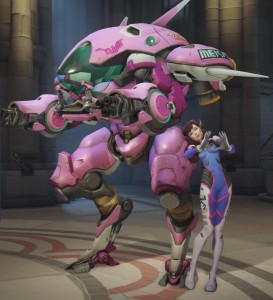 always successful, if ever. With Overwatch, I found myself gravitating towards the characters that can withstand and deliver the most damage; perhaps this is a symptom of some deeper turmoil, embedding itself in how I play in a virtual world, prompting me to try on new roles, new personalities, new strengths. The first character I tried on was D.Va, the 19 year old former pro gamer turned Mech Pilot. While I certainly appreciate not having to reload *finger stays on trigger* and her self-destruct feature “Watch this!” I decided to go bigger and try on Reinhardt. This 61 year-old tank is the self I always imagined. His main weapon, an insanely big hammer, swings around tossing enemies aside so your allies can reach, keep, or attack the objective. He’s slow moving, but his shield is an
always successful, if ever. With Overwatch, I found myself gravitating towards the characters that can withstand and deliver the most damage; perhaps this is a symptom of some deeper turmoil, embedding itself in how I play in a virtual world, prompting me to try on new roles, new personalities, new strengths. The first character I tried on was D.Va, the 19 year old former pro gamer turned Mech Pilot. While I certainly appreciate not having to reload *finger stays on trigger* and her self-destruct feature “Watch this!” I decided to go bigger and try on Reinhardt. This 61 year-old tank is the self I always imagined. His main weapon, an insanely big hammer, swings around tossing enemies aside so your allies can reach, keep, or attack the objective. He’s slow moving, but his shield is an 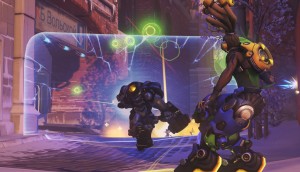 invaluable resource to have. With my own naturally quick feet, I eventually tried on Lucio (the only support character I’ve efficiently learned to play), especially after seeing Alex flying and jumping around like a pro-skating DJ. I noticed, though, that I didn’t get the same satisfaction being a healer with sound wave impacts as I did warding off enemies. I didn’t feel effective. I didn’t feel accomplished.
invaluable resource to have. With my own naturally quick feet, I eventually tried on Lucio (the only support character I’ve efficiently learned to play), especially after seeing Alex flying and jumping around like a pro-skating DJ. I noticed, though, that I didn’t get the same satisfaction being a healer with sound wave impacts as I did warding off enemies. I didn’t feel effective. I didn’t feel accomplished.
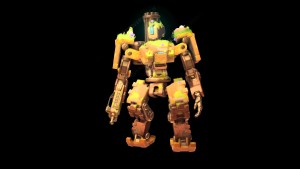 Bastion. Bastion is where I feel most at home. He’s who I feel most connected too, oddly enough considering he’s a robot and all. Bastion wasn’t made for war; he wasn’t meant to be a machine of death and destruction (then again were any of us?), but once the Omnic Crisis began, his ability to reconfigure into an assault cannon made him powerful and sturdy enough to be used as the primary weapon of the Omnic rebel army, turning him, and the other Bastions, against his human makers. Consequently, the majority of all Bastions were destroyed once the war subsided; though their presence now invokes horrors of the past. Overwatch’s Bastion is the lone survivor, damaged and forgotten for over a decade. Left exposed to the world, he rusted over, as vines, roots, and small animals inhabited him. He became nature’s home. It wouldn’t be until later when he was reactivated, that his sense of curiosity would take over and he’d set out to discover his post-war purpose in world ruled by fear of and hate for “others”. Much like me, Bastion appears to be harmless and gentle, accompanied with his little birdie friend (mine happens to be cat), but, the second danger is present, his internal arsenal system is tripped and anything perceived as a threat is completely eradicated.
Bastion. Bastion is where I feel most at home. He’s who I feel most connected too, oddly enough considering he’s a robot and all. Bastion wasn’t made for war; he wasn’t meant to be a machine of death and destruction (then again were any of us?), but once the Omnic Crisis began, his ability to reconfigure into an assault cannon made him powerful and sturdy enough to be used as the primary weapon of the Omnic rebel army, turning him, and the other Bastions, against his human makers. Consequently, the majority of all Bastions were destroyed once the war subsided; though their presence now invokes horrors of the past. Overwatch’s Bastion is the lone survivor, damaged and forgotten for over a decade. Left exposed to the world, he rusted over, as vines, roots, and small animals inhabited him. He became nature’s home. It wouldn’t be until later when he was reactivated, that his sense of curiosity would take over and he’d set out to discover his post-war purpose in world ruled by fear of and hate for “others”. Much like me, Bastion appears to be harmless and gentle, accompanied with his little birdie friend (mine happens to be cat), but, the second danger is present, his internal arsenal system is tripped and anything perceived as a threat is completely eradicated.
Granted, I’ve never physically harmed anyone; the damage I cause (and take) these days is emotional and psychological. Whether it’s caused from fear of being emotionally vulnerable with others, damage caused by the racist, sexist actions and words of others (on a campus that’s supposedly inclusive and diverse), traumatic dreams brought by horrific images of my Black brothers and sisters being slaughtered in the street for no other reason than existing, I, like Bastion, situate myself in a corner and strategically take out approaching danger. For the short amount of time I get to play as Bastion on a team of people with the same objective, I have a sense of “maybe things will be OK out there.” Those couple of hours strategizing with friends and strangers allows me the space to reflect, conjure, and develop plans for my community: what does my community need from me? What are the roles of those around me? What are the strengths we’re working with, and the weaknesses? What are the needs? And I get together with the community, and we strategize outreach initiatives, mobilized activism, and every so often good triumphs over evil when unity and strategy are in place.

